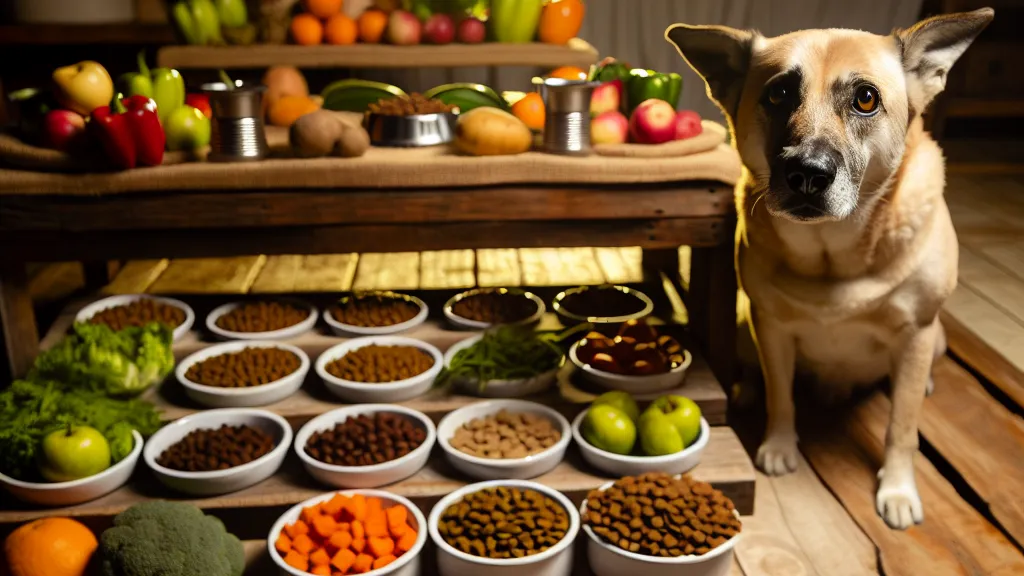Creating a Balanced Diet for Your Pet
Feeding your pet the right diet is crucial for their overall health, happiness, and longevity. Just like humans, pets require a balanced intake of nutrients to thrive. In this article, we will discuss the essential components of a balanced pet diet, practical tips for selecting the right food, and how to adjust their nutrition as they age.
Understanding Nutritional Needs
Every pet, whether a dog, cat, or exotic animal, has unique nutritional requirements. Generally, a balanced diet consists of the following components:
- Protein: Essential for growth and repair of tissues.
- Fats: Provide energy and support cell function.
- Carbohydrates: Important for energy and digestive health.
- Vitamins and Minerals: Crucial for various bodily functions including immunity and bone health.
Choosing the Right Food
When selecting pet food, always read the labels. Look for established brands that specifically state they meet the AAFCO (Association of American Feed Control Officials) standards. Consider your pet's age, breed, and any health issues they may have:
- Puppies and Kittens: Need nutrient-dense food for growth.
- Adults: Require a balanced diet to maintain weight and health.
- Seniors: Often need lower calories with higher fiber and specific joint-supporting nutrients.
Homemade vs. Store-Bought
Some pet owners prefer homemade diets for their pets. If you go this route, consult with your veterinarian or a pet nutritionist to ensure you’re meeting all nutritional needs. Store-bought food can also be excellent as long as it’s high quality and appropriate for your pet's specific life stage.
Monitoring Weight and Adjusting Diets
It’s important to monitor your pet’s weight regularly. Obesity can lead to serious health problems just as much as malnutrition can. If your pet is gaining weight, it may be necessary to adjust their calorie intake or increase their physical activity.
Final Thoughts
Creating a balanced diet for your furry friend doesn’t need to be overwhelming. With a bit of research and guidance, you can ensure they receive all the necessary nutrients. Remember to consult with your veterinarian regularly to adjust dietary needs as your pet ages or as their health requirements change. A well-fed pet is a happy pet!

